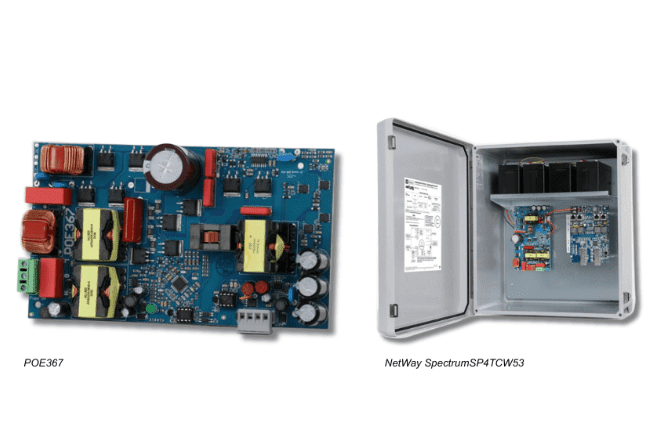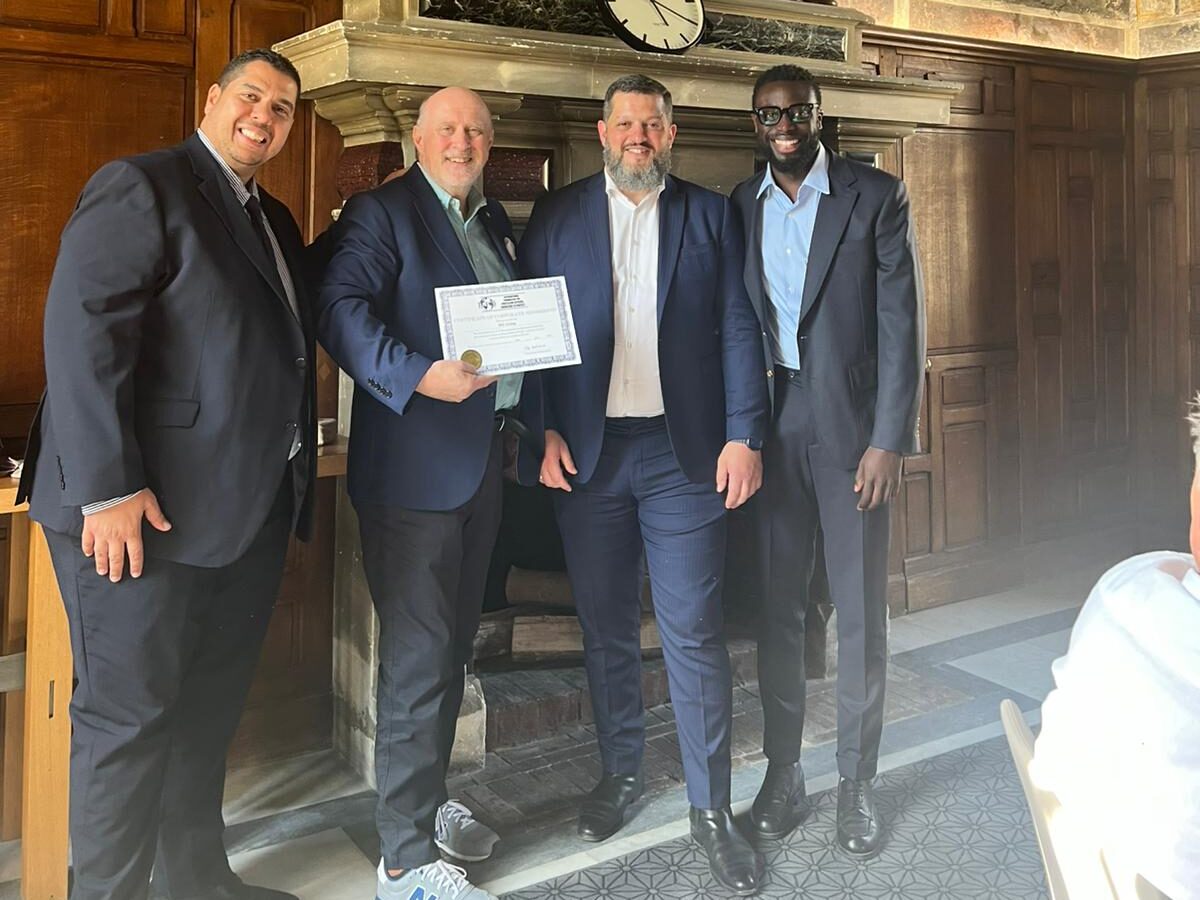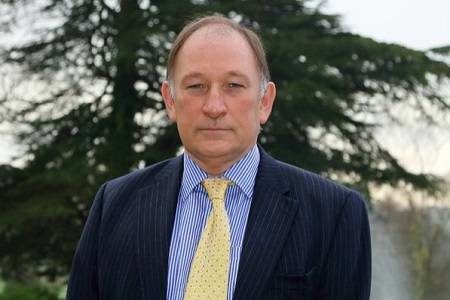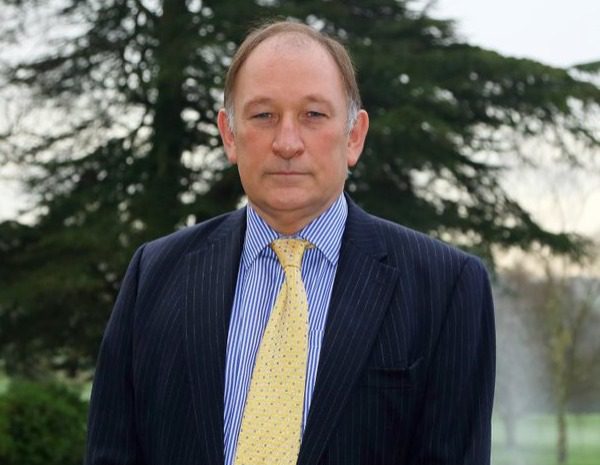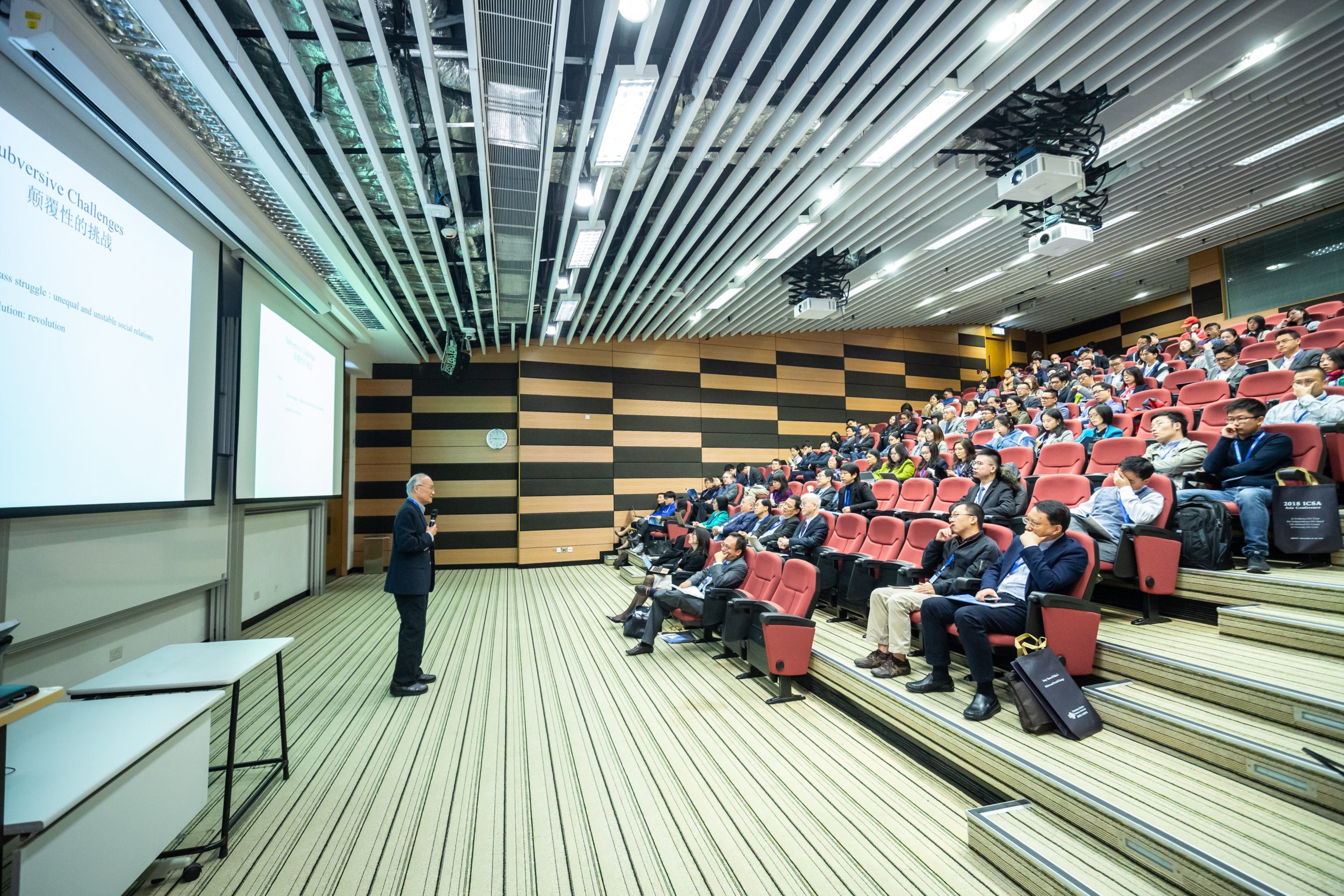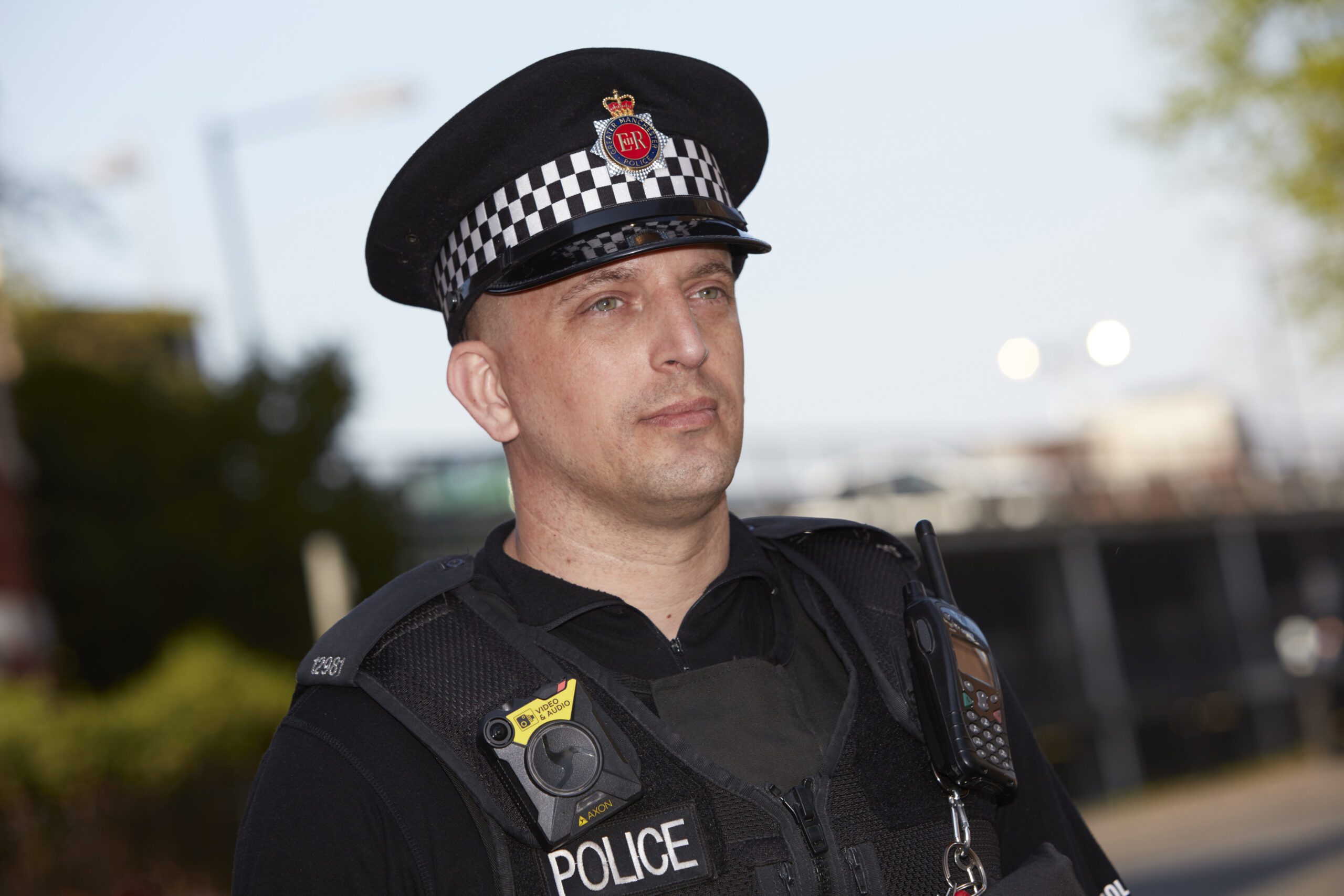SSAIB, the UK and Ireland’s leading security and fire certification body, has helped two police forces in their pioneering use of drones for a variety of crime-related objectives. SSAIB has certificated Dorset Police, as well as the Devon and Cornwall force, to the Surveillance Camera Code of Practice. This ground breaking certification enables both police forces to operate these unmanned aerial system (UAS) drones in compliance with the SCC Code, as part of a strategic alliance between the constabularies.
The project originated in a six-month trial involving the operational deployment of an initial two drones equipped with high definition cameras, capable of capturing both video and still images. A number of key objectives for the use of drones were identified, including enhanced opportunities for evidence capture and aerial mapping and the provision of situational awareness during incidents. Drones can assist officers with missing people searches, crime scene photography and responding to major road traffic collisions, for example.
Each of the police forces’ drone device can stay in the air for 18 minutes before a change of battery is required, though the use of several batteries provides the capability to remain operational for a prolonged period if required. Each UAS unit has a high definition downlink, meaning officers on the ground can see live footage captured by the drone in the air. Civil Aviation Authority regulations require drone operators to pass a national CAA-accredited qualification.
Adoption of drones by the two police forces has required them to additionally demonstrate their conformance with the Surveillance Camera Code of Practice. SSAIB provides a third party certification service to the Surveillance Camera Commissioner, enabling ‘relevant authorities’ including councils and the police, which operate public space surveillance systems, to demonstrate this compliance.
Inspector Andy Hamilton of Devon and Cornwall Police, who oversaw the initial trial, commented: “Drones offer many benefits that complement the National Police Air Service helicopter. Using a drone to capture still or video images on difficult terrain and hard to reach areas such as cliffs, woodland or the moors to find a missing person, combat wildlife crime or even during a firearm incident, will allow officers to gain vital information, quickly and safely and allow us to respond effectively at the scene.”
Meanwhile, PC Ricky Fidler, Drone Lead at Dorset Police, remarked: “The whole process to date has been relatively simple, I feel that being independently accredited should give the public confidence in our use of drones and that the processes we have in place are accurate and appropriate to ensure that they are used correctly and for the right reasons.”
SSAIB provides a third party certification service to the Surveillance Camera Commissioner that enables local authorities and those operating public space camera surveillance systems to demonstrate their conformance with the Code of Practice, which the Commissioner calls a “universally accepted example of good practice”. Full certification (which lasts for five years) is achieved through a two-step process, with an initial desktop review of an organisation’s completed self-assessment being followed within 12 months by an on-site audit. The Commissioner is required to ensure that ‘relevant authorities’, including local authorities and the police, comply with the code.
Other organisations which have successfully achieved certification against the Code of Practice following an SSAIB-conducted audit include national high street retailer Marks & Spencer, along with Aston University, Community Safety Glasgow and local authorities such as Liverpool City Council, Kings Lynn & West Norfolk Borough Council, and the London Boroughs of Brent, Enfield, Hackney, Islington and Waltham Forest.


